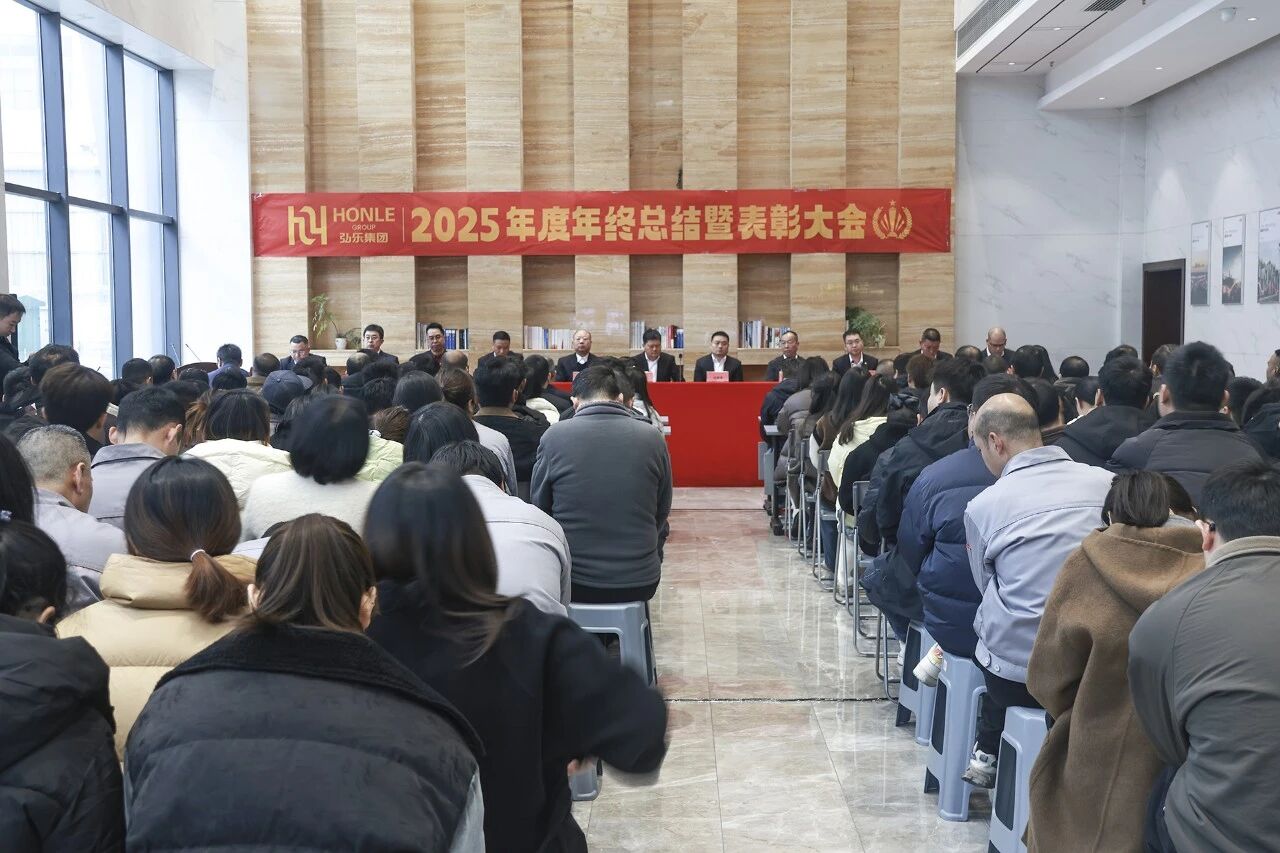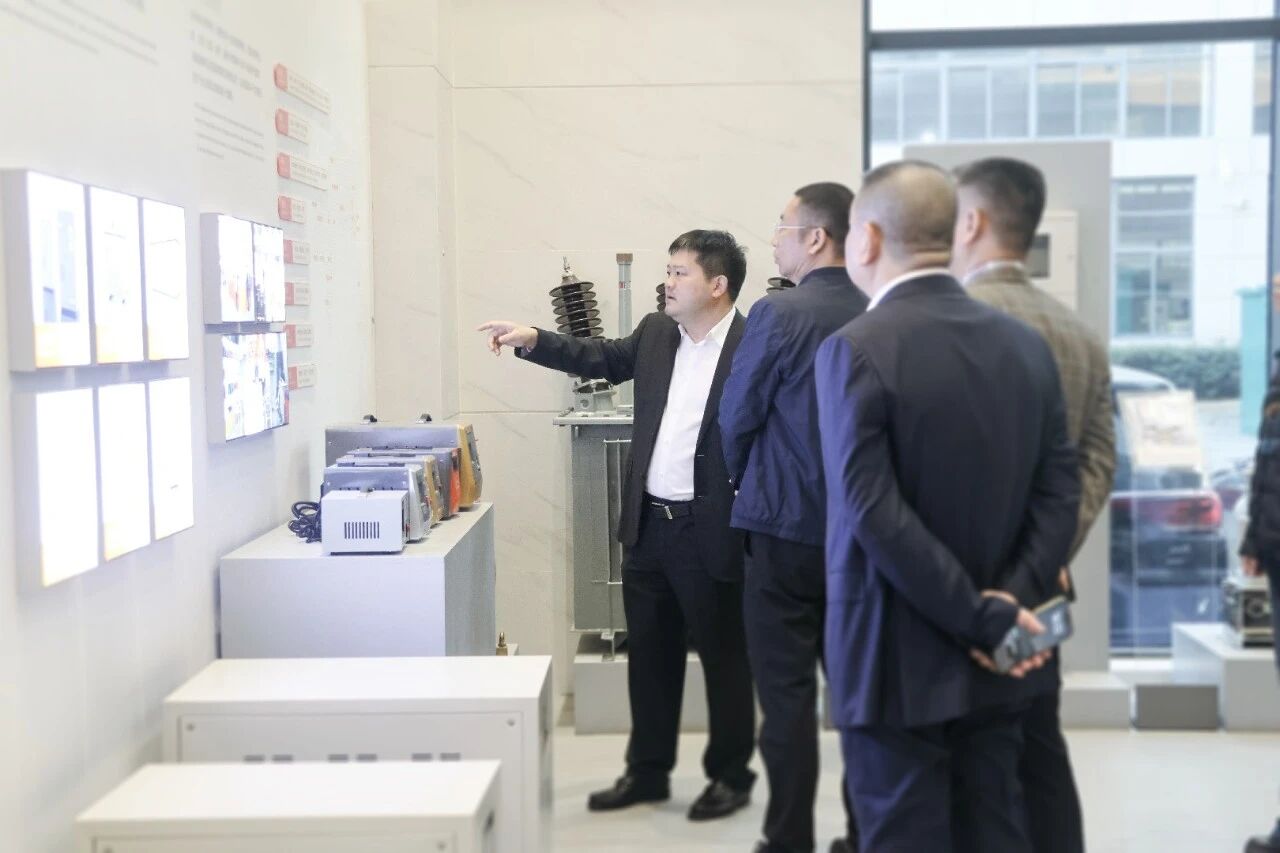2025 Honle Empowerment Program Launched: 3rd Session《High Emotional Intelligence Communication Skills》

 Site Editor
Site EditorTo further enhance the comprehensive capabilities of the management team and key business personnel, the third session of the 2025 Empowerment Program – titled 《High Emotional Intelligence Communication Skills》 – was held as scheduled on the afternoon of August 23. The company’s management team and key business personnel gathered to engage in in-depth discussions and learning centered on communication. Once again, Mr. Zhu Rongbin served as the lecturer for this training.
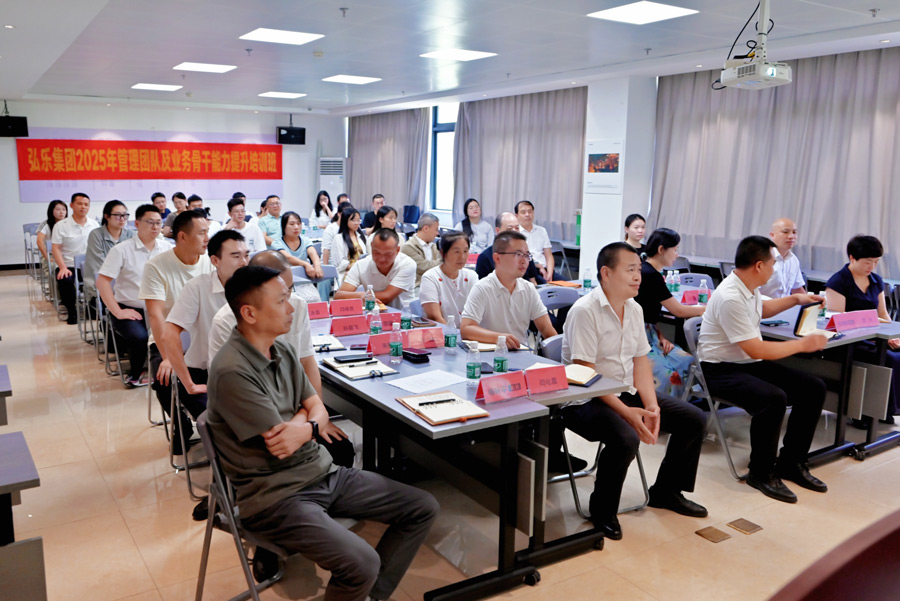
First, Mr. Zhu directly addressed the "invisible pain points" in enterprise operations and identified three major hidden costs for businesses: communication costs, decision-making costs, and trial-and-error costs. Among these, "communication costs" have emerged as one of the key factors affecting efficiency, stemming from issues like misunderstandings in information transmission and delayed execution. He emphasized, "Managers spend 70% of their time on communication, and 70% of a company’s problems arise from communication barriers." This concise statement underscored the central role of communication in the workplace and helped participants gain a clearer understanding of the training’s significance.
Subsequently, Mr. Zhu elaborated on the "four essential elements of communication":
- Speaking: The key lies in "how to express". One should put oneself in the listener’s shoes, use language the other party can easily understand, and avoid overloading with jargon or using ambiguous expressions.
- Listening: The core is "what to capture". It requires adhering to six listening principles – such as "listen more and speak less", "focus and respond", and "avoid interrupting" – to truly grasp the underlying meaning behind the words.
- Observing: The focus is on "what others perceive". Consistency between words and actions serves as the "cornerstone" of communication; non-verbal cues like body language and facial expressions often convey attitudes more accurately than verbal messages.
- Writing: It is guided by the principle of "clarity and efficiency". Taking WeChat communication as an example, work-related matters should preferably be discussed "privately on a one-on-one basis" to prevent information clutter in group chats. For internal company emails, seven requirements must be met – including clarity, conciseness, and structure – to minimize errors in information transmission.
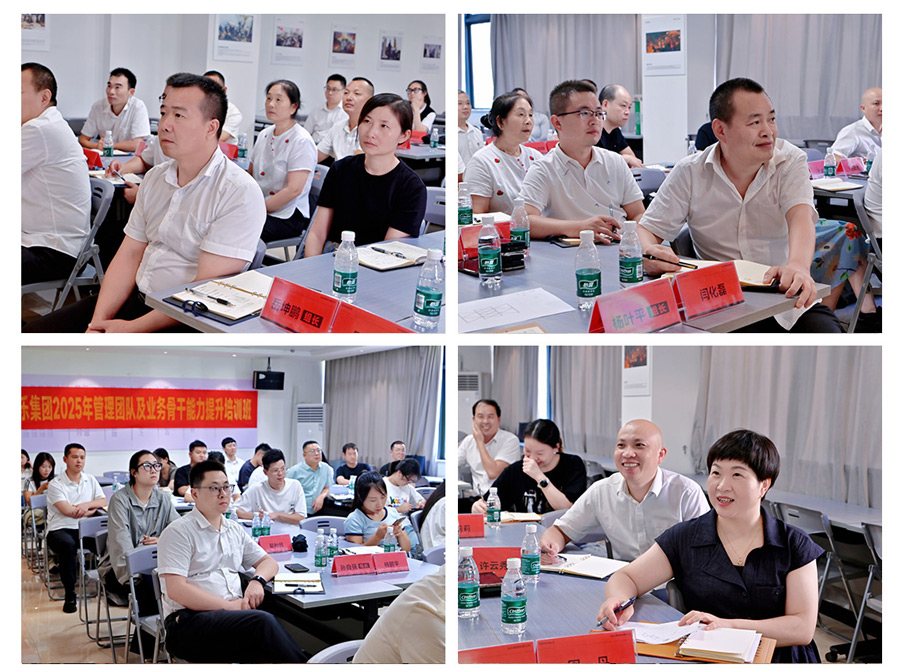
Moreover, Mr. Zhu analyzed the loss in information transmission through the "Communication Funnel Principle": if what a person intends to say is 100%, what they actually express may be only 80%, what the other party hears may be 60%, what they understand may be just 40%, and what is ultimately executed may be a mere 20%. The key to breaking through this funnel lies in "emotional management" and "perspective-taking": during communication, one should first stabilize their emotions and then understand the other party’s needs from their perspective. Only in this way can communication barriers be reduced and consensus be reached.
To conclude the training, Mr. Zhu summarized: "Communication = Competence + Practice." He emphasized that effective communication is not an innate skill but an ability that can be mastered through deliberate practice. Once participants grasp communication methods, they can not only reduce friction and internal waste at work but also smooth their own career paths, thereby injecting momentum for efficient collaboration into the company’s development.
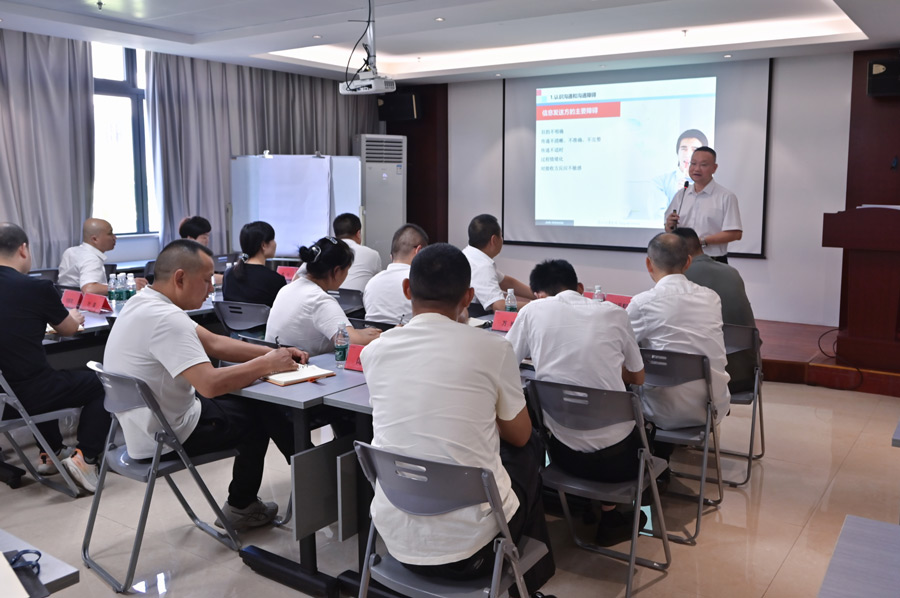
The High Emotional Intelligence Communication Skills training combined theoretical explanations with interactive experiences, allowing participants to grasp the essence of communication through practice. All attendees expressed that they would apply what they learned to their work moving forward – starting with "speaking well and listening carefully", proactively optimizing their communication approaches, and contributing to the company’s high-quality development through more efficient collaboration.


